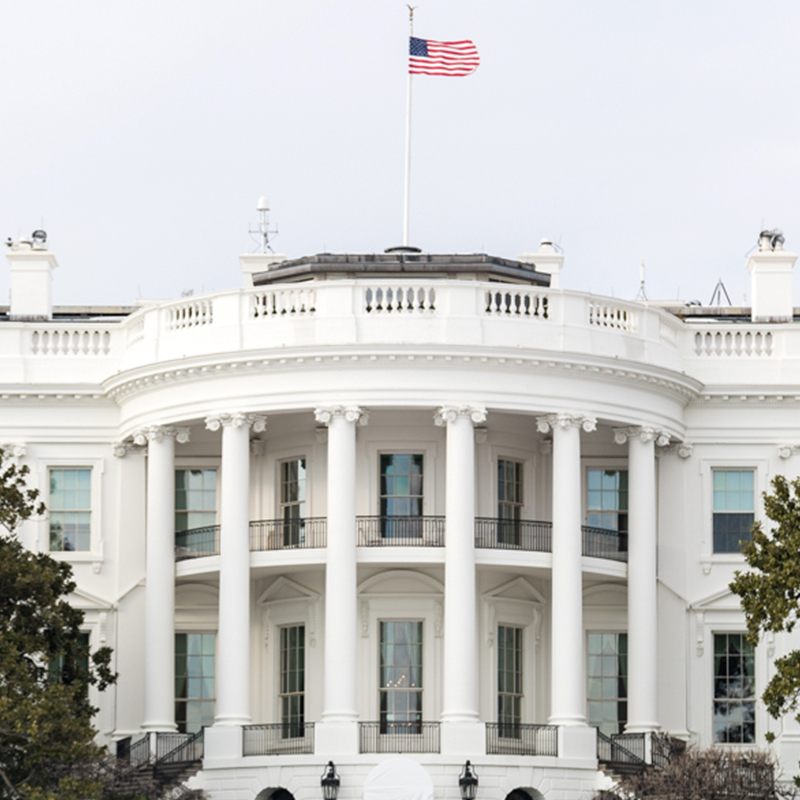US Adds Xiaomi To Military Blacklist

Xiaomi and eight other Chinese companies added to US military blacklist, as outgoing US administration throws final punches
The US has added Xiaomi and other Chinese companies to a military blacklist, as the country prepares for a new administration set to take over on Wednesday.
Nine Chinese firms were added to a Department of Defence blacklist of companies with alleged ties to China’s military, including Xiaomi and oil giant CNOOC.
An executive order signed in November bars US individuals and organisations from investing in companies on the list, which include telecoms equipment maker Huawei, chip manufacturer SMIC, drone maker DJI and China’s three largest telecoms operators.
The NYSE exchange has said it will delist China Mobile, China Unicom and China Telecom in response to the executive order.

Sanctions
The sanctions are different from the US’ “entity list” national security blacklist, which requires US companies to obtain a licence to provide goods or services to listed firms.
The outgoing US administration has also added Huawei and other Chinese firms to the entity list, forcing Huawei to sell off its Honor smartphone brand to enable it to sidestep the sanctions.
Xiaomi was the world’s third-largest smartphone maker in the third quarter of last year, coming in ahead of Apple and trailing Samsung and Huawei.
The company said it is “not owned, controlled or affiliated with the Chinese military”, and said it would act to protect its interests.
It said it was “reviewing the potential consequences” of the blacklist.
Xiaomi’s shareholders include US fund managers BlackRock, Vanguard, Fidelity and State Street.
Investment
Xiaomi’s shares dropped nearly 11 percent in Hong Kong following the announcement, which bars US investors from buying its shares after 60 days and will eventually force them to divest their holdings.
The share drop cut Xiaomi’s market capitalisation by more than $10 billion (£7bn).
The US and China have been engaged in a trade war since 2018 that has seen each country target the other’s exports with tariffs, while the US has targeted a broad range of high-profile Chinese companies, including prominent tech firms such as Huawei and fellow telecoms equipment maker ZTE.
A new presidential administration is set to take over on Thursday following Joe Biden’s November election win.